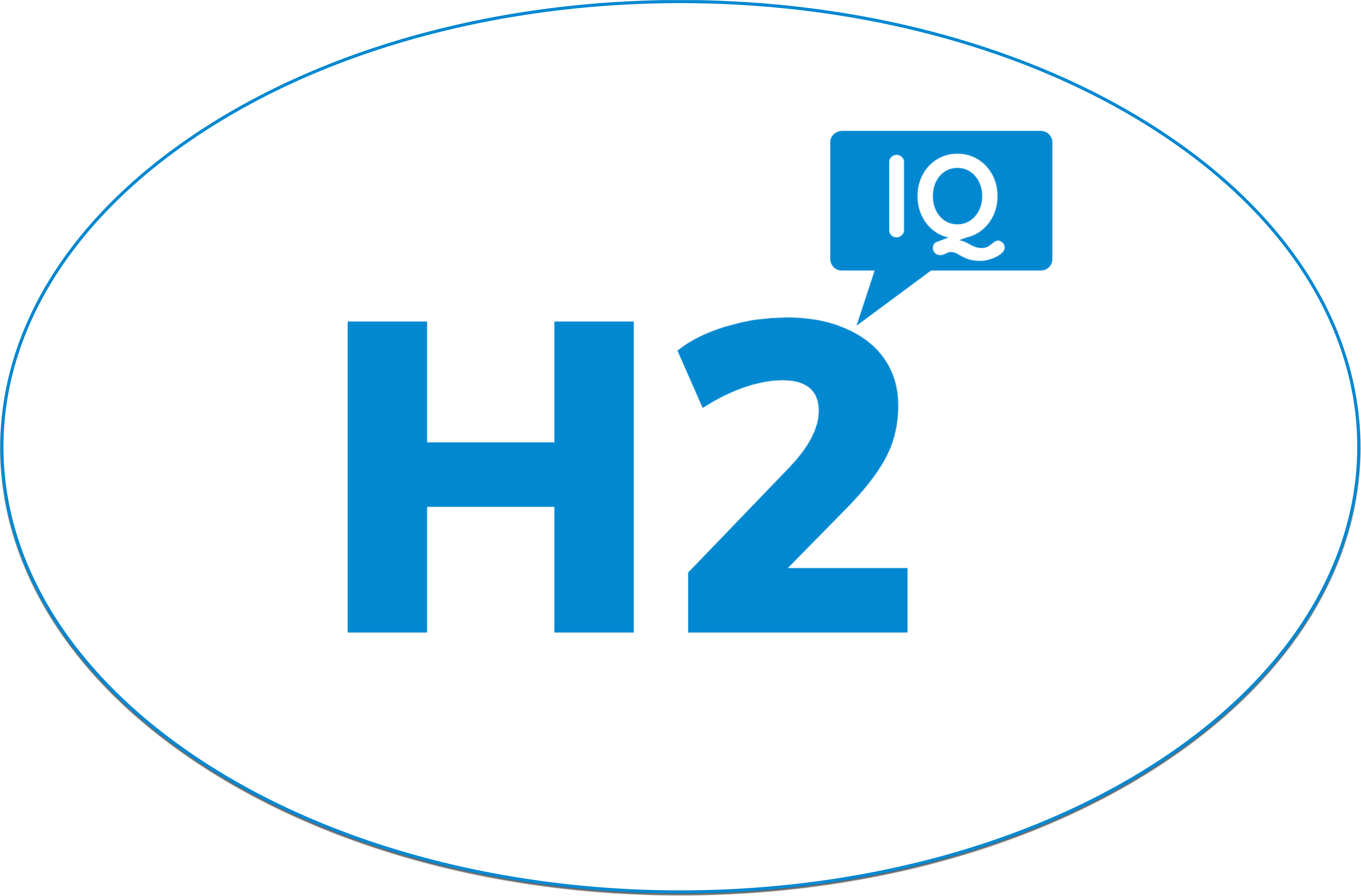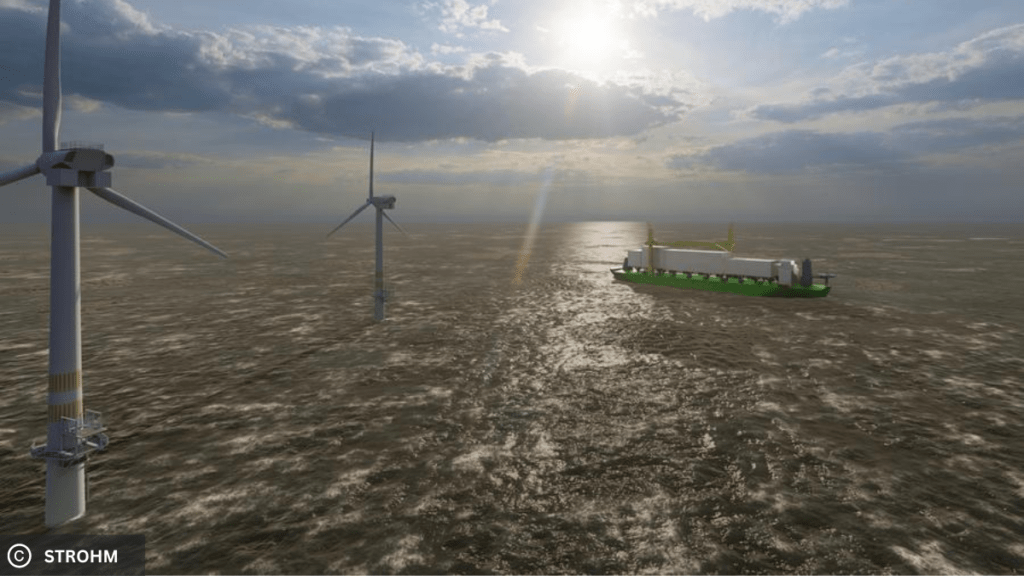
BW Offshore, Switch2, MARIN, TU Delft, and Strohm have received a EUR 3 million grant from the Dutch government for project OFFSET – an industrial-scale floating green hydrogen and ammonia project, based on the proven concept of a floating production and offloading vessel (FPSO).
The project was selected by the RVO (the execution arm of the Ministry of Economic Affairs & Climate Policy in the Netherlands) as the recipient of a EUR 3 million grant under the MOOI scheme (Missiegedregen Onderzoek en Ontwikkeling – Mission driven Research and Development). The proposal by the consortium partners responds to the wish of the Dutch government to play a leading role in the production of clean energy systems, ensuring greater certainty of supply and diversification of renewable energy sources.
The objective of the OFFSET project will be to demonstrate a decrease in the cost of green fuel production and thereby increase its accessibility. The initiative aims to secure energy supply, increase the competitiveness of hydrogen and ammonia as green fuels, and facilitate the road to zero emissions, while taking away the pressure on (seabed use in) the North Sea.
The consortium will actively involve stakeholders from different sectors, such as energy companies, wind farm operators and developers, as well as energy-intensive industry sectors as potential future off-takers.
Green hydrogen and green ammonia are forecasted to enable significant emissions reductions in power, transportation and heating sectors.
As part of the project scope, the partners aim to develop a floating hydrogen and/or ammonia production and storage facility which will be connected to an adjacent wind farm by 2027. The produced hydrogen can be transported to shore through existing oil and gas pipelines or newly installed TCP, whereas the produced ammonia can be transported to end-users by shuttle tankers.
SwitcH2 is the project developer and will coordinate the overall program, enhancing the basis for a technically and commercially viable concept. BW Offshore is focused on the topside arrangement, hull, and mooring system design; whilst TU Delft will lead the research into the direct use of seawater in the electrolysis process and develop a robust seawater electrolysis process via implementation of improved electrocatalysts. Strohm will provide its proprietary non-corrosive Thermoplastic Composite Pipe (TCP) technology for hydrogen storage and offloading. A scale model of the final design will be built to test its hydrodynamic performance in MARIN’s wave basins.
Fredrik Savio, SVP project development at BW Offshore: “With our longstanding experience in the offshore energy production industry, BW Offshore is committed to exploring opportunities which will support the transition to low carbon energy solutions. The OFFSET collaboration brings together established partners and principles with innovative elements that may unlock pathways to zero carbon fuel production and distribution.”
Caroline Justet, VP for Europe at Strohm added: “We are proud to be a part of project OFFSET, supporting Europe’s energy security and decarbonization ambitions with our TCP solutions. Flexible and delivered in long lengths on reels in a fast-track operation, TCP can transfer up to nine times the amount of energy compared to a cable, and can be used to store hydrogen, increasing the uptime of offshore wind farms.”
Jaap de Wilde, senior project manager at MARIN explains: “MARIN recognizes the need for drastic technical solutions, enabling cost-efficient production of green molecules at large scale from renewable energy sources at sea. Large, centralized solutions seem very promising in this respect if the cost of energy from deepwater floating solutions drops sufficiently in the future. State-of-the-art technologies, such as those proposed in the RVO OFFSET project, are a good pathway to accelerate development towards the global ambition of net-zero greenhouse gas emissions in 2050.”
The large-scale production of green hydrogen faces challenges in intermittent energy supply, transmission of electricity and high-quality water supply for the electrolysis process. A floating facility, using seawater as feed for the electrolysis process, would support the production of electricity at the right moment and right location, and produce offshore green hydrogen or ammonia.





